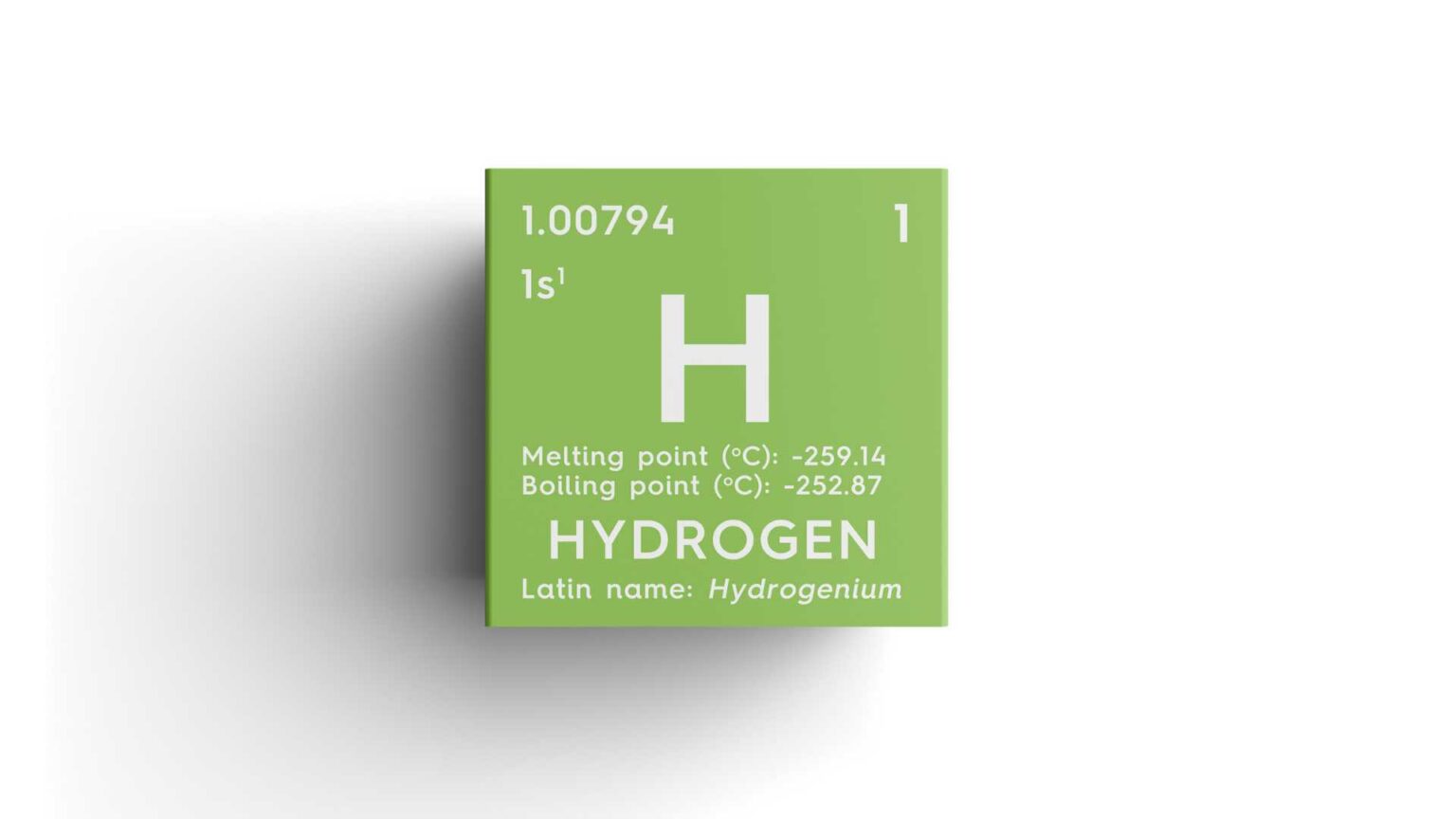As the world races towards carbon neutrality, Kuwait emerges as a key player in the realm of low-carbon hydrogen, a groundbreaking energy resource touted for its potential to reshape the environmental landscape.
Hydrogen, often hailed as a safe and clean energy source, is gaining prominence globally, with Kuwait positioning itself at the forefront of harnessing its diverse applications.
With approximately 17 methods to produce low-carbon hydrogen, emitting less than 2.4 kilograms of carbon dioxide for every kilogram of hydrogen, the stage is set for a transformative energy shift. Noteworthy among these methods are “green hydrogen,” produced by wind and solar-powered devices, and “blue hydrogen,” extracted from natural gas as a byproduct.
Kuwait’s foray into the realm of low-carbon hydrogen is not merely a venture; it’s a strategic move towards a sustainable future. Dr. Fotouh Al-Ragom, Manager of the Energy Efficiency Technologies Program at Kuwait Institute for Scientific Research (KISR), emphasizes Kuwait’s abundance of renewable resources, envisioning the production of green hydrogen for both domestic consumption and international export.
Aligning with global commitments, Kuwait sets ambitious targets for carbon neutrality. Dr. Al-Ragom underscores the importance of reducing direct and indirect carbon emissions, emphasizing the need to curtail gas burning in extraction and production operations while promoting a circular economy.
Wael Abdulmotai, a natural gas industries expert at the Organization of Arab Petroleum Exporting Countries (OAPEC), sheds light on challenges. While hydrogen usage is not novel, the high production cost poses a hurdle. Abdulmotai emphasizes the need for robust infrastructure, akin to oil and natural gas, to facilitate international commerce. Policies, he asserts, must be crafted for the mutual benefit of consumers and producers.
Abdulmotai highlights Arab countries’ leadership in utilizing green and blue hydrogen, poised for export to markets in Europe and Asia. He underscores the importance of cooperation and partnership with global entities, citing ongoing projects and the Saudi NEOM Green Hydrogen Company as pioneering initiatives.
Kuwait’s commitment extends beyond rhetoric. Plans to capture carbon elements in grey hydrogen, transforming it into blue hydrogen, showcase a forward-looking approach. Abdullah Al-Mutairi, CEO of EnerTech Holding Company, emphasizes Kuwait’s comprehensive strategy, allocating substantial funds to transform energy usage by 2050.
The global landscape witnesses a paradigm shift as countries like Oman launch ambitious projects like Green Energy Oman (GEO), focusing on green hydrogen and carbon-free fuel. As the cost of renewable energy decreases, Kuwait and other nations position themselves to lead the “new economy” grounded in electric technology, promising lower carbon emissions and a safer environment.





